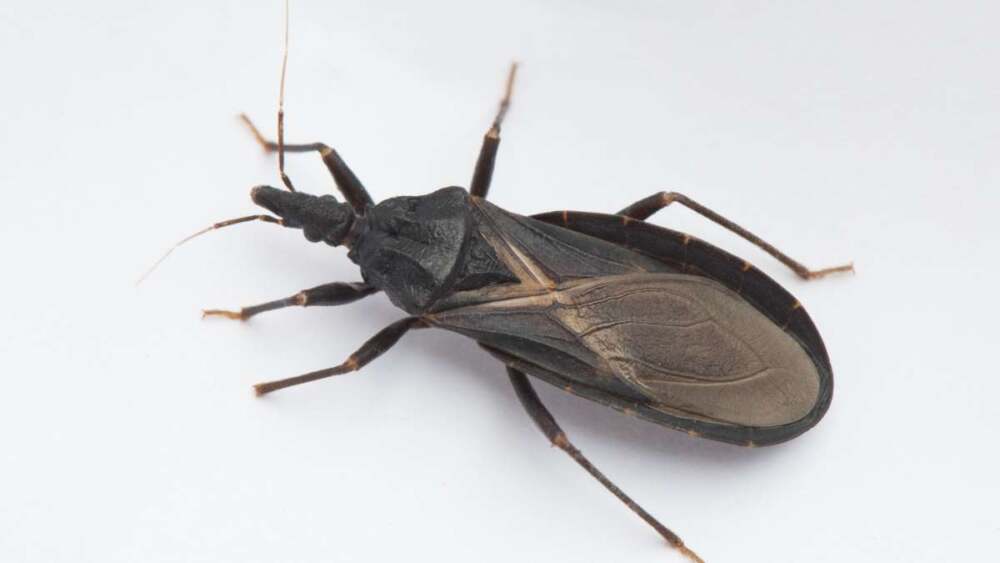Chagas disease, a potentially deadly illness transmitted by the “kissing bug,” is now recognized as endemic in the United States. This comes as health experts report a growing prevalence of the disease across multiple states, raising awareness of its public health impact.
What Is Chagas Disease?
Chagas disease is caused by the parasite Trypanosoma cruzi, which is primarily spread through the feces of infected triatomine bugs, commonly called kissing bugs. These insects feed on blood at night and often bite around the face, earning their nickname. The parasite enters the body when the bug’s feces come into contact with a bite, open skin, or mucous membrane.
Increasing Presence in the U.S.
While Chagas disease has long been endemic in Latin America, recent studies indicate its growing presence in the United States. Kissing bugs have been reported in over 30 states, with human cases documented in several, including Texas, California, Arizona, Tennessee, Louisiana, Missouri, Mississippi, and Arkansas. Experts estimate that hundreds of thousands of people in the U.S. may be infected, though many are unaware due to the disease’s often subtle symptoms.
Risks and Symptoms
Chagas disease progresses in two phases: acute and chronic.
- Acute Phase: May include mild symptoms such as fever, fatigue, and swelling at the site of infection.
- Chronic Phase: If untreated, the disease can advance to serious complications affecting the heart and digestive system, potentially leading to heart failure or cardiac arrest.
Prevention and Public Awareness
Preventing Chagas disease involves reducing exposure to kissing bugs. Effective measures include sealing cracks in homes, using insecticides, maintaining clean sleeping areas, and increasing public awareness of the disease. Health authorities also emphasize the importance of screening at-risk populations and educating healthcare providers to ensure early detection and treatment.
Recognizing Chagas disease as endemic in the U.S. is a crucial step toward improving public health responses and reducing the impact of this often-overlooked tropical disease.















Leave a Reply